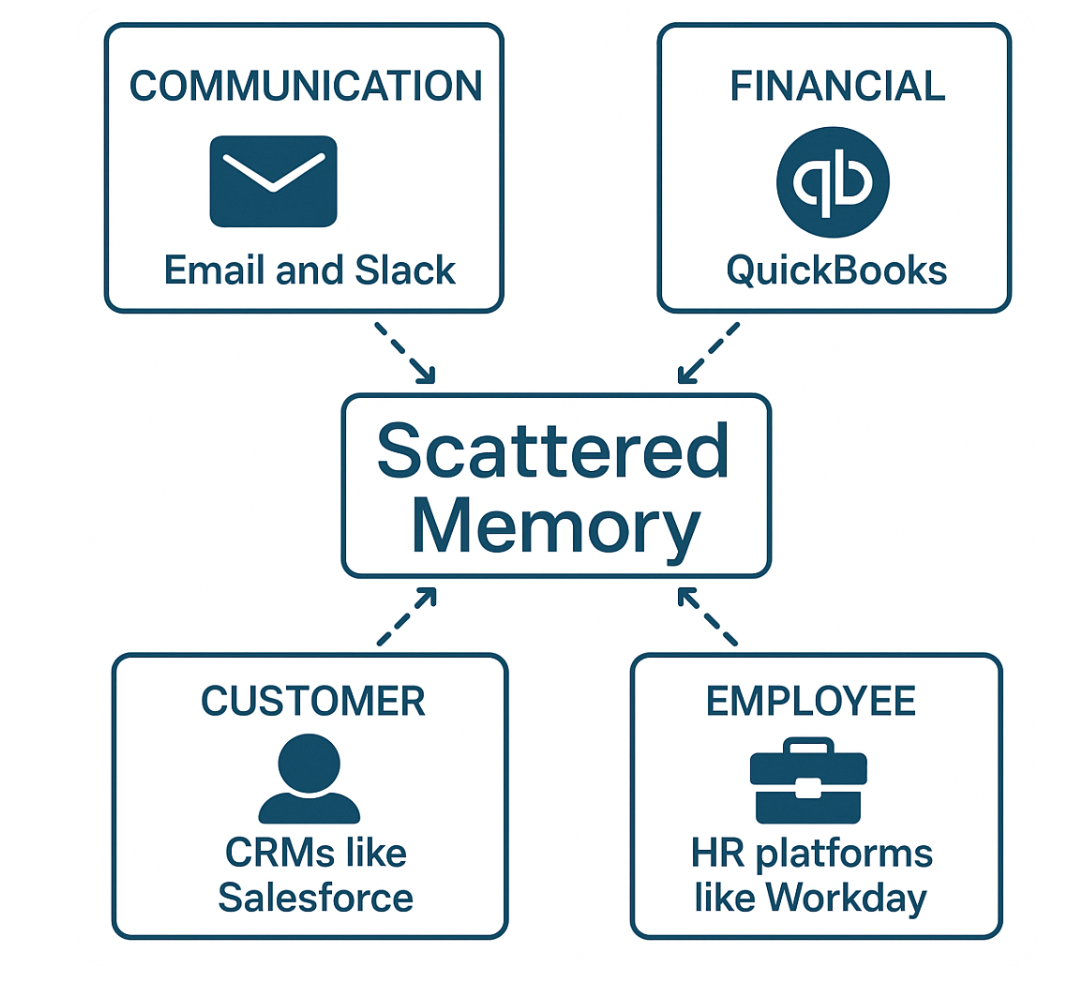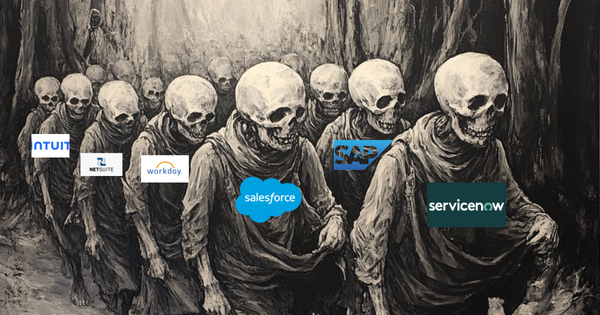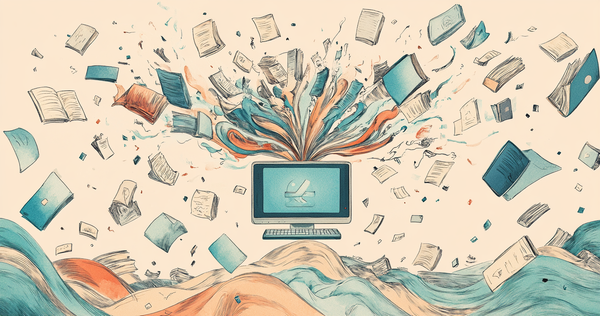Memory is All That Matters

The battle for AI supremacy won’t be won at the intelligence layer.
It won’t be won at the application layer.
And it won’t be won at the infrastructure layer.
It will be won by one thing, and one thing only:
The memory layer.
Whoever owns the digital memory of the user, will dominate.
And this is about to radically reshape our digital world.
Why Memory?
Because AI is all about helping us.
And the AI that has access to our digital memories will be far more helpful than the AI that does not.
Think about it this way:
Who would you rather have helping you?:
- A brilliant assistant that knows nothing about you.
- A less brilliant assistant who knows everything about you.
The less brilliant assistant that knows everything is the obvious choice.
It's obvious for individuals.
It's obvious for businesses.
More memory means more useful AI.
More useful AI means more use.
And more use means more memory.
It's an unbeatable flywheel.

And this is why memory is all that matters.
This is about to radically reshape our digital world
Our digital memory is about to move from fragmented across many different services, to united, all in one place.
We’ll first witness this transformation in our professional lives.
In the pre-AI era, organizational memory was scattered across specialized tools:
- Communication memories in Email and Slack.
- Financial memories in QuickBooks.
- Customer memories in CRMs like Salesforce.
- Employee memories in HR platforms like Workday.

While these specialized tools make certain tasks more efficient, they create significant drawbacks:
Siloed Memory
Having memories fragmented across multiple tools is like hiring multiple personal assistants, each knowing only one area of your life, and nothing about the others.
Vendor lock-in.
The providers of these services do their best to make it difficult to move our memories out of these systems.
This allows them to charge extractive rents, making their software much more costly, and their profits much higher, than they should be.
The same is true in our personal lives.
But instead of paying for many different services, we give our memories away for free in return for use of those services.
- Communication memories scattered across Gmail, Facebook, iMessage, and numerous other messaging platforms.
- Financial memories dispersed among various banks, credit card companies, and financial apps.
- Health memories stored across numerous medical providers and wellness apps.
- And the list goes on and on.
Why this is about to change
Before AI, fragmented memory was acceptable—even necessary—because software lacked the capability to effectively process all our digital memories in a unified manner.
But modern AI has changed this.
Today’s AI can seamlessly integrate and interpret data across multiple domains.
This means using 1 AI system with access to all your digital memories will be exponentially more helpful than using multiple different systems with access to only 1 small part of your memory.
Like working with 1 personal assistant that knows everything about you.
Vs. working with 100 different personal assistants that only know a small piece of the picture.
This is why we are moving to a world where our digital memories are unified in one place.
And why the most important question of our time is not who will own the AI algorithm that you use.
But who will own your memory?
If a company owns our digital memories then we will be locked in to using their platform and their rules.
If we each own our digital memories we will be free to do as we please.
This is true for individuals.
And it is true for businesses.
This is why memory is all that matters.
Let’s take back control
The AI revolution provides us with the opportunity to take back control of our digital memories.
We can go from this:

To this:

When we own our memory we are in control.
Instead of a company deciding what we can and cannot do with the AI we use, we will decide.
Instead of being subject to the bias of one AI, we can choose the AI or AI’s that most closely align with our values.
We can pay for services based on the value that they provide us, instead of overpaying due to lock-in.
And our digital memory can become an asset that we own, control, and benefit from, instead of Big Tech companies.
Join the revolution
We’re building an AI system that puts you in control of your digital memory.
A system that you own, control, and benefit from.
A system that helps us move from a digital world owned and controlled by Big Tech.
To one that we own and control instead.
Join us here.
And thanks for reading!
Dave





